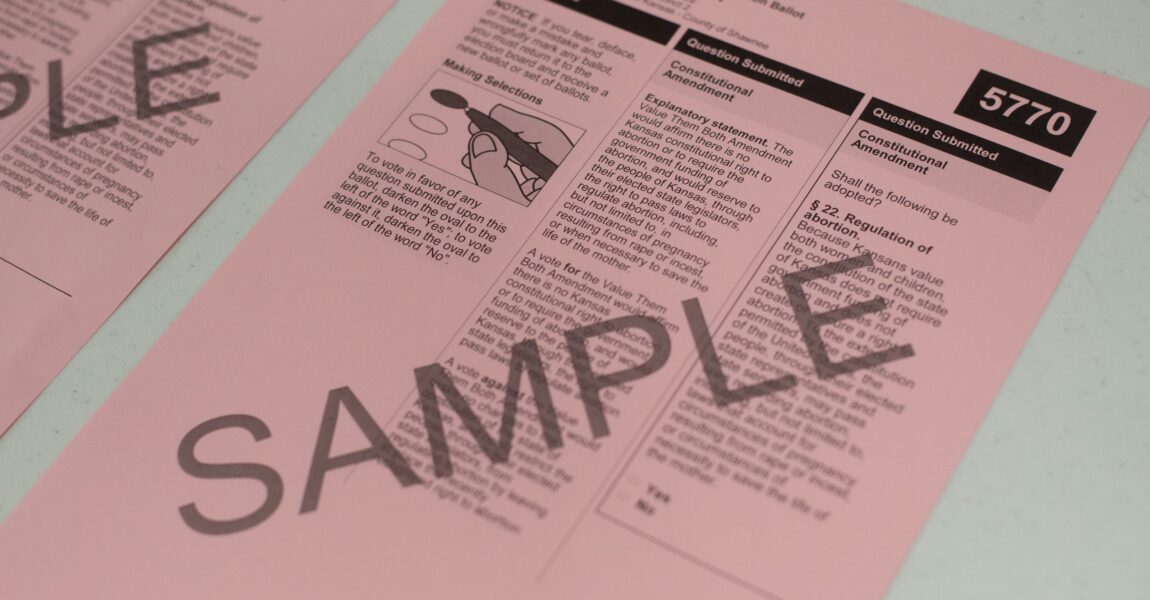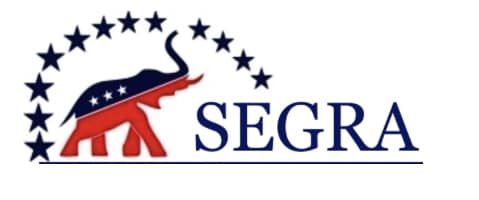

Beyond voting on candidates for civil government office from U.S. Senate, to the Governor, to state legislators, and local officeholders and judges, people going to vote for the general election will be presented with ballot questions on some significant proposed state constitutional amendments.
The SEGRA chapter has done research on the top proposed state constitutional amendments and offers the following recommendations:
NO, NO, NO AND MORE NO’SON ALL THE CONSTITUTIONAL AMENDMENTS AND ISSUES. HERE’S WHY:
CONSTITUTIONAL AMENDMENTS
1. You get no salary following a felony indictment if you are one of these guys: Governor, Lt. Governor, Secretary of State, Attorney General, State School Superintendent, Commissioners of Insurance, Agriculture, Labor, or any member of the general assembly
Vote: NO!
- Innocent until proven guilty
- Makes it harder to fight the charges and prove innocence, since you have no income. Also, you can’t support your family.
- Most importantly, Republicans are being targeted with lawfare, making this a dangerous amendment
2. Gives big powers to grant temporary tax relief after disasters to: County governments, city governments and the boards of education of each school system.
Vote: NO!
- Confers power; not relief
- Any tax relief means shifting the burden somewhere else; onto someone else
- Picking winners and losers
- Vague: we don’t know how this will be implemented
- Why is this elevated to a Constitutional Amendment – this power will never go away
- Why are school boards allowed to make these decisions
- Anytime politicians talk about a measure in terms of “breaks my heart” and “love they neighbor”….I’m suspicious!
STATEWIDE REFERENDUMS
Note: ad valorem taxes are generally levied on real estate and major personal property like cars, boats, big equipment. Ad Valorem taxes are typically a major, if not the major, revenue source to both state and municipal government.
1. Exempt certain timber production, reforestation and harvesting equipment from the ad valorem tax.
Vote: NO!
- Why is this on the ballot? It seems to me it’s there likely because the timber industry has a strong lobby in Atlanta.
- You don’t get an exemption on your home, your car or your boat.
- Vote no for special interest exemptions
2. More exemptions! This time expanding exemptions that now apply to family farms for farming equipment and certain products. The exempt products would now include eggs and dairy products. Instead of just applying to family farms, these exemptions would now include owners of multiple farms.
Vote: NO
- Again, family farms are already getting a number of tax breaks, why add more breaks?
- Maybe there is reason to help the individual family farm, but why extend this to owners of multiple farms/big conglomerates?
Special Election Questions
1. TSPLOST – 1% Transportation Special Sales Tax. Adds up to $420M over five years.
Vote: No!
- The SPLOST which is a popular revenue source generated some $1.5 billion since it began back in 1985 – it has been passed over and over again ever since. Chatham County has used 73% of this $1.5 billion for roads and drainage.
- The 1% for SPLOST is still a part of our 7% sales tax.
- What have they done with the money pouring in for roads and drainage? It is still pouring in. I think this needs to be explained.
- Not only that, but sales tax is considered regressive, which means it hits low income households harder than higher-income households.
- Now, with Biden’s inflation (commonly referred to as Build Back Bloated), is not the time to increase the burden of making ends meet.
2. Taking money from Eisenhower improvements and using it to develop a big plan for improvements to county storm water drainage.
Vote: No!
- Why do we need to pay for a plan? Drainage is part of the SPLOSH expenditures. Remember, the $1.5 billion dollars and the continuing 1% SPLOST income which is currently part of our sales tax. The majority spent on roads and drainage. Where did that go? And where is it continuing to go?
- We’ve spent all that money on drainage during the past 37 years and now…..we need a plan!!???
Comments: 8
I voted YES on Amendment #1 because the offices mentioned are occupied by professional politicians. I do not care for professional politicians regardless of their party. Unelected civil service employees are placed on UNPAID administrative leave or fired when they are indicted for a crime.
Thanks for your views, this was very in lighting.
I had not considered much of your reasoning.
Here in Athens, we get a Stormwater bill every year. It’s $75/$76. They done need anymore money for storm drains.
Sorry for typo
They don’t need anymore money
I’m voting YES. The recommendations you give are weak and speculative.
I wish this information had come out sooner, before early voting. I voted yes to some of these not considering some of these implications. The questions always seem to be so vaguely worded.
I voted no on all
I disagree with 2, 3, and 4, they should be yes votes, particularly 2.
Grant temporary tax relief after disasters: apparently state law prevents local government from suspending tax collection if a disaster occurs. This act requires that the area be designated a federal disaster area, so misuse is unlikely. What happened to spark this was in Soweto GA many lost their homes after their homes had been assessed in the beginning of the year. So these people had to pay property taxes on homes that were no longer there and local governments had no option but to collect the taxes. This allows local governments to suspend taxes when a federal disaster has been declared. Local government often knows best and this gives them the flexibility to serve their citizens.
Ad valorem taxes: both these passed the House by very large margins with little organized opposition. This allows small family businesses in timber and farming to get the same tax breaks large factories get when they build in the city. These small businesses are often located in the rural areas where the legislature normally doesn’t get involved. This expands an existing tax break the larger timber and farming companies may already get, to apply more broadly across that industry and reach down to small family businesses.